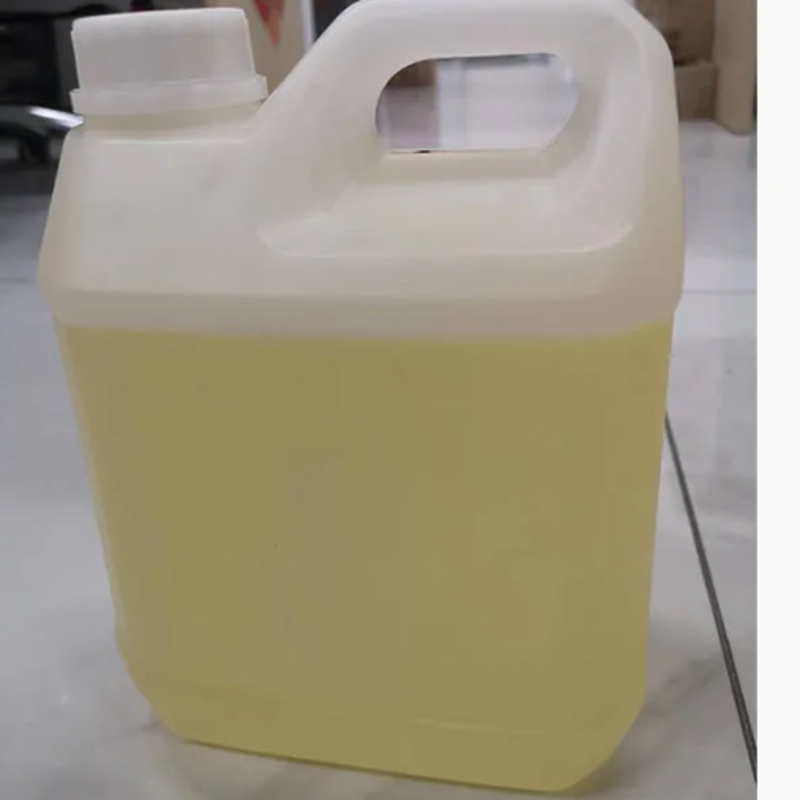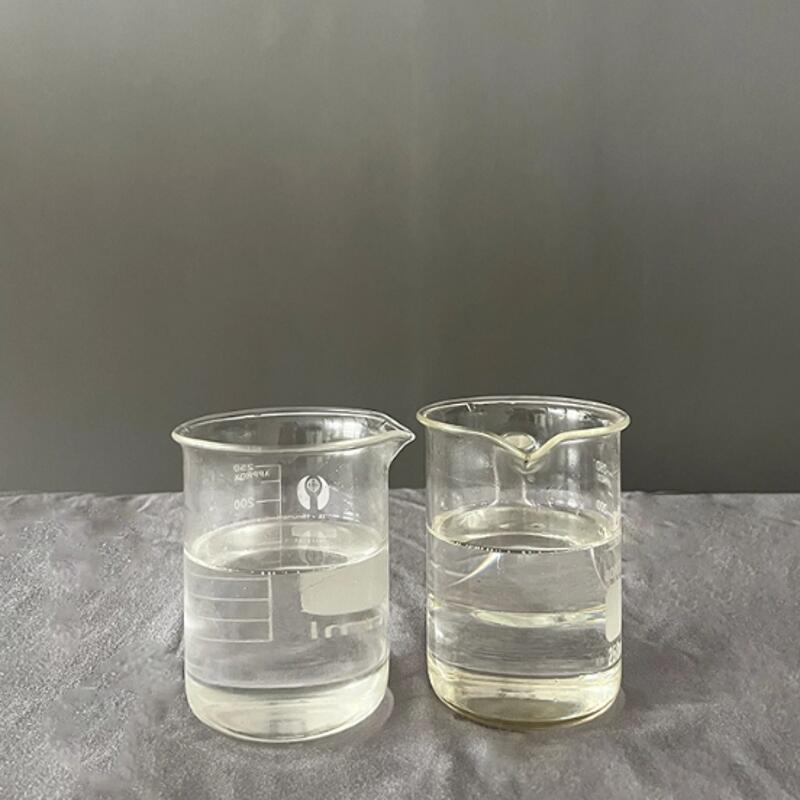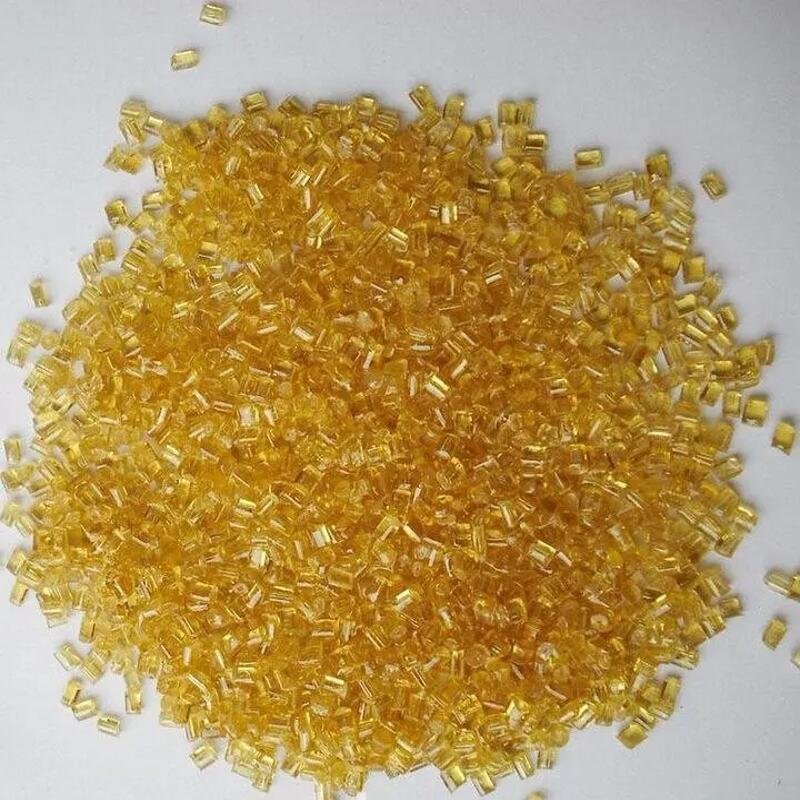-
Categories
-
Pharmaceutical Intermediates
-
Active Pharmaceutical Ingredients
-
Food Additives
- Industrial Coatings
- Agrochemicals
- Dyes and Pigments
- Surfactant
- Flavors and Fragrances
- Chemical Reagents
- Catalyst and Auxiliary
- Natural Products
- Inorganic Chemistry
-
Organic Chemistry
-
Biochemical Engineering
- Analytical Chemistry
-
Cosmetic Ingredient
- Water Treatment Chemical
-
Pharmaceutical Intermediates
Promotion
ECHEMI Mall
Wholesale
Weekly Price
Exhibition
News
-
Trade Service
Under the epidemic situation, the start of construction has been postponed, logistics is blocked, demand is bleak, and funding is tight.
Just imagine, if there were no plastics , what would we be like now?
plasticFor most ordinary people, it is common to talk about plastic discoloration, as if plastic is a scourge.
When I think of plastic, I think of small stinky workshops, smoky chimneys, sewage drains, explosions, poisonous gas.
Therefore, we are afraid of plastics, stay away from plastics, blame plastics, and scold plastics! As if plastic is the cancer of this world, we should cut it quickly!
It is true that plastic pollution does exist and it is widespread.
When we deny plastics, let’s take a look at how many aspects of our lives are inseparable from plastics! From cars to furniture, from mobile phones and computers to office travel, from food to entertainment, which one can leave plastic? It can be said that plastic It is almost an industry that has penetrated extensively into our lives, involving all aspects of food, clothing, housing and transportation.
Face mask
Can a country without the plastics industry?
There are more than one billion people in our country waiting to eat.
It can be said that the plastic industry is mainly to solve the problems related to materials in people's daily life, which greatly reduces the cost and improves the durability.
From the perspective of people's livelihood, the plastics industry is closely related to your food, clothing, housing and transportation.
From an economic point of view, the plastics industry is a basic industry.
The logic behind the shortage of masks
The outbreak suddenly broke out.
"There are at least 30,000 mask manufacturers across the country.
If the raw materials cannot come in, it will affect the factory organization of production.
Therefore, the mask companies on the market are still in short supply of filter materials.
China's six major non-woven fabric production bases
1.
Changyuan City, Henan Province, ranks first in China's Sanwei Material Base, with more than 70 various types of sanitary materials companies and more than 2,000 operating companies, which usually occupy more than 50% of the national market sales.
2.
China's non-woven fabric capital: Xiantao City, Hubei Province has 1,011 non-woven fabric and its products enterprises, of which 103 are above designated size and employ more than 100,000 employees.
It accounts for 60% of the non-woven product market share in China.
3.
Shaoxing City, Zhejiang Province
4.
Zibo City, Shandong Province
5.
Yizheng City, Jiangsu Province
Famous town of nonwovens and chemical fiber in China: Zhenzhou Town, Yizheng City, Jiangsu Province.
6.
Nanhai District, Guangdong Province
China's medical and health non-manufacturing product demonstration base.
The demonstration base is located in Jiujiang Town, Nanhai District, with a total planned area of about 3.
32 million square meters.
The northern part is divided into four areas: material production area, finished product production area, high-end industrial area and logistics warehouse distribution area.
The medical and health non-woven fabric demonstration base will be built into an industrial agglomeration base with an annual output value of more than 20 billion yuan.
Compared with woven fabrics, non-woven fabrics are non-woven fabrics, which are composed of oriented or random fibers.
From the point of view of mask materials, polypropylene high-melt index non-woven fabrics are a good choice and can be used Disposable surgical gowns, sheets, masks, drapes, liquid absorbent pads and many other aspects.
The middle filter layer of medical masks should be melt-blown cloth, that is, PP (polypropylene) and other sliced particles are heated and melted, and the very thin filaments are sprayed from the small holes under pressure, sprayed on the mesh curtain, and transported to the heated roller for hot pressing.
Shaped into cloth.
The inner and outer layers are generally made of spunbonded cloth, which has similar cloth forming processes and has different functions of hydrophilicity and hydrophobicity.
The inner and outer layers can also be modified.
The outer layer is lined with needle-punched cloth to increase the thickness and hardness, but it can only block droplets, not viruses; the inner layer is changed to a softer ES hot-rolled cloth to improve comfort.
Reported data shows that 1 ton of high melting index fiber material can produce about 250,000 germ protection masks, and 1 ton of transparent material can produce about 500,000 medical disposable syringes.
In the face of the epidemic, polypropylene manufacturers are taking active actions to ensure raw materials.
Able to supply adequately.
Then why is there a shortage of masks after so many days? Because the market is in short supply.
.
.
As a one-time consumable, more than one billion people across the country want to have a few manpower every day.
Sudden explosive demand.
In addition to the tight supply of raw materials, major manufacturing countries have resumed work urgently, rushing to work day and night, and there is no supply.
.
.
At the end of January, Sinopec announced that during the anti-epidemic period, the prices of raw materials related to medical and health supplies produced by Sinopec will not increase.
At the same time, Sinopec expects to continue to put 95,000 tons of various medical and health raw materials into the market in February, an increase of 30,000 tons from January.
Subsequently, PetroChina made a statement: masks and other medical and health materials are more productive, fast production, and first-line supply is guaranteed! In response to the shortage of medical materials such as medical masks, CNPC’s refining and chemical companies have increased the equipment load and started full production to ensure Supply of raw materials for the production of medical materials.
Other responsible plastics companies have also used their best ability to help fight the "epidemic".
In order to alleviate the current shortage of raw materials in the market, they have made all-out efforts to produce and ensure supply.
When downstream companies encounter difficulties in resuming work, they will actively cooperate and coordinate to actively contribute to the country and society.
Make due contributions.
Plastic should not be demonized
From the perspective of public impressions, the plastics chemical industry is too demonized.
When it comes to plastics or chemicals, the first reaction is pollution.
Take the very sensitive PX project as an example.
Dalian, Xiamen and other places have caused trouble with PX, but how many people have understood how much pollution of PX will be? Is it controllable? How to choose the pros and cons? You have no PX.
Wear wool, cashmere, silk?
The consequence of this incident is that PX has become a monster that everyone shouts and beats, and China currently has 60-70% or even higher demand imported from neighboring countries such as South Korea.
Stop talking about "plastic" discoloration
It is undeniable that certain illegal and compliant waste plastic companies do have problems with pollution, wastewater discharge, and even recycling of medical waste.
Even after media dissemination, the problem has been infinitely expanded.
People have lost their thinking in the huge wave of information that is full of waste plastic pollution, plastics are poisonous and harmful, and plastics harm the environment, and naturally they have aversion to plastics.
Various reasons can be found when the plastic industry in some places has been fined, shut down, and banned-
▲Some places do not have the advantages and conditions to undertake the transfer of the plastics industry.
They lack plastic industry workers with certain knowledge reserves and skills training, and lack the processing equipment and capabilities for waste plastics.
They can still build plastics for short-term benefits.
Obviously, industrial parks should be decisively closed and completely renovated.
▲Plastic production in some places is at the low end of the industrial chain, with low safety factors, heavy environmental pollution, low product added value, and high potential risks.
If it is allowed to develop extensively without rectification and improvement, and indulge in "low-end lock-in", It may bring great hidden dangers and even implicate those high-quality and high-end plastic industries.
▲In some places, the plastic industry has a very good foundation in the past, but because of the aging of plant equipment, new developments in related industries, new requirements for environmental protection, etc.
, it can't keep up with the pace of the times for a while, but as long as it is modified and upgraded, it can be achieved.
Standards, for such enterprises, cannot simply "one size fits all" or "one pot end".
Renovating and upgrading the plastics industry does not mean that the plastics industry should not be developed or the plastics industry should no longer be developed, but that the plastics industry should be developed with high quality, efficiency, and safety.
On the one hand, we must completely eliminate small plastics with low safety factors and heavy environmental pollution with the will of strong men's arms, and on the other hand, we must not go to the extreme of "talking about plastic discoloration".
Masks, plastic bags, outer packaging, wires and cables, appliance housings, clothing.
.
.
Plastic products are everywhere around us.
Plastic provides us with a variety of products and services and is a pillar industry of the national economy.
The healthy development of the plastic industry has a very close and very important significance to the national economy and people's lives.
Therefore, look for plastic initiatives, hope that "plastic" ≠ "pollution", please stop talking about "plastic" discoloration.
(Keyword: Mask Plastic)







